Please read in the stack.
I can't say this enough.
Equity is the same result, or outcome.
Image from history.com
People enamored with the concept and drunk on the koolaid are those who think it will benefit some or equal the playing field.
Image from University of Alaska.
They believe it's the same lovely amazing all lattes and sparkles everywhere. We all get the best jobs. The best housing.
Image from the daily mail.
Same result you fool.
All starved.
All cold.
All dead.
That's Equity. Oh yes it is. And as a moral program it cannot outlaw its worst possible variations. So chase it for the elite if you wish. But all eating dogs and exhumed corpses is equity.
If the syrup sounds to good. It is because it Is. Here's your candy little girl now get in the van.
When the ratcheting turns equity will still be the same. Starving in Africa, well you need to starve too. Any foolish cruelty is equity. All dead at 35. Equity.
Inclusion is its pair. It means a net that none shall escape. Totalitarians are at the helm you innocent lovely gullible fools.
Diversity is the logic they have devised for killing the word of God.
“Madman who starved 60million to death: Devastating book reveals how Mao's megalomania turned China into a madhouse
By Tony Rennell for MailOnline22:59 22 Jul 2011, updated 22:59 22 Jul 2011
The police log is chilling. ‘Date: March 1960,’ it states, ‘Name of culprit: Zhu Shuangxi. Victims: Husband and elder son. Manner of crime: Corpses exhumed and eaten.’
You gulp in horror as you realise what this means — a woman cooked and ate the flesh of her own family.
And then comes the lie — arguably part of the greatest lie in modern history. ‘Reason for crime: Livelihood issues.’
‘Livelihood issues’? For that euphemism in the official records of Red China under Chairman Mao Tse-Tung, read famine.
One of unparalleled devastation in which at least 45 million, and possibly as many as 60 million, men, women and children died in less than five years, and the desperate resorted to cannibalism.
Today, China is the new powerhouse of the world’s economy, outstripping everyone in its dash for growth, wealth and global influence.
In Beijing, Shanghai and a hundred other cities, a great leap forward is being enacted. Driven by capitalism, China is on course to overtake the U.S. as the world’s biggest economy some time in the next decade.
What is even more astonishing about this performance is that just two generations ago, China was on its knees after the original Great Leap Forward, under Mao’s rigid communist control, collapsed into chaos, starvation and death on an unimaginable scale.
New information is constantly emerging from official party records documenting the horrors of that terrible period between 1958 and 1962. Much of it has been sifted and analysed by Professor Frank Dikotter of the School of Oriental and African Studies at the University of London.
His book, Mao’s Great Famine, was recently awarded the 2011 Samuel Johnson Prize for non-fiction. It makes grim but necessary reading as it details the abject failures of communism and the terrible human cost of that pernicious ideology.
The disastrous famine that overtook China’s millions was the direct result of blind political dogma backed by centralised control and totalitarian power. Common sense was thrown out of the window, alongside any respect for humanity.
‘Revolution is not a dinner party,’ Mao said, one of those many thoughts that filled the famous Little Red Book beloved by radical students and trendy intellectuals in the West in the Sixties.
But for vast numbers of the people he ruled, dinner was a scraping of corn husks or the bark stripped from trees, and the only party was the one that ruthlessly beat and tortured them into submission and condemned them to a cruel life and a terrible death.
They were left, in the words of a much older Chinese aphorism, to ‘eat bitterness’.
It was Mao’s vainglorious determination to compete not only with the West but also with the Soviet Union, his rival for the leadership of the communist bloc, that plunged his people into this nightmare.
Mobilise China’s hundreds of millions of people and throw them into a frenzy of state-dictated activity, he declared, and the country would turn from a nation of farmers to a modern industrial giant practically overnight. Utopia was just round the corner.
The first step, he decreed, was a massive irrigation programme to build dams and reservoirs. Peasants who were just about to bring in the corn and rice harvests were hauled off the land and directed in their millions to this gruelling, slave labour with picks and shovels.
In their absence, crops rotted in the soil. There was the first shortage of food that winter.
But rather than admit this truth and risk being accused of failure or, worse still, denounced as ‘counter-revolutionaries’, local party bosses fiddled the figures they sent to the central authorities.
They curried favour by vying with each other to increase their targets of food production to ludicrous and entirely fictional levels. Then they lied that they had not only met but exceeded them.
On paper, China was bursting with food of every type. The people’s bellies were full. Poverty and want had been eradicated.
In reality, as the notional, non-existent surpluses were commandeered to feed the industrial workers in the cities, vast areas of China were left with a fraction of the sustenance needed to survive.
A rapid spiral of decline set in. Desperate peasant farmers fed their hungry families on seed they should have kept to plant in the spring. The next harvest was smaller still.
Yet party officials continued to inflate their targets and their supposed achievements in a fantasy world of self-deception and self-congratulation.
In one province, the grain harvest shrank from 82,000 tonnes in 1957 to 18,000 tonnes three years later. Yet the local party boss still reported a bumper harvest of 130,000 tonnes.
As more and more directives came from on high — for more steel one year or more fertiliser the next — the whole country was gripped with ‘target fever’, from which there was no escape without being accused of sabotaging the revolution.
Nothing was ever thought through. Beijing ordered a national campaign to eradicate sparrows because they were eating grain, but once the birds were exterminated, insect populations exploded in the granaries and the effect was the same.
In a crude attempt to ‘mechanise’ transport, farmers were instructed to replace wooden wheels on their carts with iron ones, but the carts were then too heavy for the bulls to pull them. Yet those who went back to wooden wheels to do their job were denounced as counter- revolutionaries.
Crops rotted in the fields as peasants were used as forced labour
As part of that insane culture, while the people at home starved, millions of tonnes of food were exported to East Germany, Albania and Castro’s Cuba, just so that Mao could show off to the world his generosity and the superior productivity of communism.
In the same vein, a fortune was spent building a Great Hall of the People in Tiananmen Square, to impress foreign visitors and every town and commune followed suit with its own expensive prestige buildings. Meanwhile, peasants were tearing down their own homes for firewood in the winter.
The suffering of those deprived of food was horrendous. In some villages, a tenth of the population died in a single month.
Some ate the straw roofs of their houses and the cotton padding of their winter clothes. They soaked and softened the leather of chairs until it was edible. They ate plaster from the walls.
When nothing else was left, people ate mud. One report Dikotter found in the party archives described shrivelled peasants and children with ribs visible through their skin scrambling into deep pits to carve out handfuls of porcelain-white mud.
This they mixed with chaff, flowers, weeds and water, kneaded into mud pies and baked.
Though devoid of nutrition, the mud pies stopped the hunger pangs for a while but blocked up the intestines and bowels.
Many families fled to the cities, where women sold their bodies for a bowl of rice. A man traded his nine-year-old son for 4lbs of peanuts. It was a short step to cannibalism, the meat of the dead smothered with hot peppers.
A crucial component of the disaster was Mao’s imposition of a policy of collectivisation. A nation of peasant farmers was herded into communal farms.
It was not just their land that was nationalised. All private property was taken into state control, down to the ploughs and rakes the farmers needed for their work and the pots and pans to cook.
One man remembered his mother having to join a long queue to borrow the only sewing needle in the neighbourhood.
Communist authorities held the whip hand over everything. As the food shortage escalated, they dictated that those too old or too sick to work would not be fed in the communal kitchens. They would be left to starve to death, and the sooner the better.
There was no hope for these outcasts. If they even foraged in fields and woods for food, they were punished.
Dying was all that was left to them. As many as three million didn’t wait for nature to dispatch them but took their own lives.
Discipline was merciless as the tyranny from the top passed down through the layers of power. At community level, it descended into pure sadism.
Villagers caught trying to hide or hoard food were clubbed to death. Ears were lopped off, hair ripped out, people branded with hot irons; they were forced to eat excrement, doused in petrol and set alight.
Dikotter found evidence of all these punishments for offences as small as digging up a potato. In all, he estimated 2.5 million people were beaten or tortured to death.
Youth was no excuse. A 12-year-old boy was drowned in a pond like a kitten for stealing food from the communal canteen.
After a boy took a handful of grains, his father was forced to bury him alive.
Women were raped at will by party officials and the militia who policed the communes. For minor infractions, it was not unusual for them to be paraded naked through their villages, a humiliation that caused many to kill themselves.
Women also carried the heavier burden of trying to save their children and all too often failing. A starving mother accused of stealing a few grains of rice for her two children jumped into a river to drown with them strapped to her back.
The effect of all this was devastating. In the province of Sichuan, the size of France and once fertile and prosperous, half the population vanished between 1958 and 1961, leaving fields overgrown with weeds.
In the region of Fuyang, 2.4 million people were dead out of a population of 8 million.
No one in authority owned up to the unfolding catastrophe, which was disguised under phrases such as ‘livelihood issues’, ‘temporary difficulties’ and ‘natural disasters’.
Mao described the deaths as 'valuable lessons'
Wherever Mao went, the roads were lined with hurriedly transplanted crops and happy peasants, smiling between gritted teeth to avoid a beating from their bosses.
Many clung to the belief that the Great Leader knew nothing of their suffering and that the truth was being kept from him by fawning apparatchiks.
This was wishful thinking. Mao was not ignorant about what was going on. He set the tone with his observation that ‘when there is not enough to eat, people starve to death. It is better to let half of the people die so that the other half can eat their fill’. He described deaths as ‘valuable lessons’.
Eventually men in the upper echelons of the party were brave enough to challenge his vision.
Collectivisation was watered down, land was divided up again. The Great Leap Forward into modernity — in reality a Great Leap Backwards into an era that was medieval in its cruelty and suffering — was gradually abandoned.
The Chinese people swallowed down their bitterness, absorbed the grief, lived with the loss.
Just two generations later — under a different regime and a different set of values (albeit with some of the old authoritarianism and lack of personal freedom) — their so-called ‘bamboo capitalism’ may well accomplish what Mao sacrificed so many of his people in a vain attempt to achieve.
As for him, history will record that, in that circle of hell he shares with Hitler and Stalin, Mao even outstrips those two butchers as a mass murderer.”
https://www.dailymail.co.uk/news/article-2017839/amp/Madman-starved-60-million-death-Devastating-book-reveals-Maos-megalomania-turned-China-madhouse.html
Sounds familiar. You own nothing and rent everything even dishes to make your food?
“Ida Auken, Member of Parliament, Parliament of Denmark (Folketinget)
Welcome to the year 2030. Welcome to my city — or should I say, “our city”. I don’t own anything. I don’t own a car. I don’t own a house. I don’t own any appliances or any clothes.
It might seem odd to you, but it makes perfect sense for us in this city. Everything you considered a product, has now become a service. We have access to transportation, accommodation, food and all the things we need in our daily lives. One by one all these things became free, so it ended up not making sense for us to own much.
First communication became digitized and free to everyone. Then, when clean energy became free, things started to move quickly. Transportation dropped dramatically in price. It made no sense for us to own cars anymore, because we could call a driverless vehicle or a flying car for longer journeys within minutes. We started transporting ourselves in a much more organized and coordinated way when public transport became easier, quicker and more convenient than the car. Now I can hardly believe that we accepted congestion and traffic jams, not to mention the air pollution from combustion engines. What were we thinking?
Sometimes I use my bike when I go to see some of my friends. I enjoy the exercise and the ride. It kind of gets the soul to come along on the journey. Funny how some things seem never seem to lose their excitement: walking, biking, cooking, drawing and growing plants. It makes perfect sense and reminds us of how our culture emerged out of a close relationship with nature.
“Environmental problems seem far away”
In our city we don’t pay any rent, because someone else is using our free space whenever we do not need it. My living room is used for business meetings when I am not there.
Once in awhile, I will choose to cook for myself. It is easy — the necessary kitchen equipment is delivered at my door within minutes. Since transport became free, we stopped having all those things stuffed into our home. Why keep a pasta-maker and a crepe cooker crammed into our cupboards? We can just order them when we need them.
This also made the breakthrough of the circular economy easier. When products are turned into services, no one has an interest in things with a short life span. Everything is designed for durability, repairability and recyclability. The materials are flowing more quickly in our economy and can be transformed to new products pretty easily. Environmental problems seem far away, since we only use clean energy and clean production methods. The air is clean, the water is clean and nobody would dare to touch the protected areas of nature because they constitute such value to our well being. In the cities we have plenty of green space and plants and trees all over. I still do not understand why in the past we filled all free spots in the city with concrete.
The death of shopping
Shopping? I can’t really remember what that is. For most of us, it has been turned into choosing things to use. Sometimes I find this fun, and sometimes I just want the algorithm to do it for me. It knows my taste better than I do by now.
When AI and robots took over so much of our work, we suddenly had time to eat well, sleep well and spend time with other people. The concept of rush hour makes no sense anymore, since the work that we do can be done at any time. I don’t really know if I would call it work anymore. It is more like thinking-time, creation-time and development-time.
“They live different kinds of lives outside of the city”
For a while, everything was turned into entertainment and people did not want to bother themselves with difficult issues. It was only at the last minute that we found out how to use all these new technologies for better purposes than just killing time.
My biggest concern is all the people who do not live in our city. Those we lost on the way. Those who decided that it became too much, all this technology. Those who felt obsolete and useless when robots and AI took over big parts of our jobs. Those who got upset with the political system and turned against it. They live different kind of lives outside of the city. Some have formed little self-supplying communities. Others just stayed in the empty and abandoned houses in small 19th century villages.
Once in awhile I get annoyed about the fact that I have no real privacy. No where I can go and not be registered. I know that, somewhere, everything I do, think and dream of is recorded. I just hope that nobody will use it against me.
All in all, it is a good life. Much better than the path we were on, where it became so clear that we could not continue with the same model of growth. We had all these terrible things happening: lifestyle diseases, climate change, the refugee crisis, environmental degradation, completely congested cities, water pollution, air pollution, social unrest and unemployment. We lost way too many people before we realised that we could do things differently.
Originally published at www.weforum.org.”
https://medium.com/world-economic-forum/welcome-to-2030-i-own-nothing-have-no-privacy-and-life-has-never-been-better-ee2eed62f710
Toronto bike share. An emf puddle of 15 dollar an hour. You don't own bikes thats not equity for all those who don't own. Ride the digital bike at a steady loss of CBDC.
You don't have dishes. They rent you your forks.
War on the plastics that are straws and forks.
“What future do economists prepare for us? Instead of private property – a subscription model extended to even the most basic everyday items, instead of privacy – sharing a flat and a car, and instead of buying – renting. And the first swallows of these changes are already visible in our reality.
No Car, No House, and No Pan
In 2016, Danish politician Ida Auken published an essay on the World Economic Forum (WEF) website describing a day of life in the city in 2030. Robots and artificial intelligence work, clean energy is free, and any items are unnecessary. She writes:
I have nothing. I don’t have a car. I don’t have a house. I have no tools or clothes. […] Everything we thought was a product became a service.
Instead of owning, just renting. If you want to cook pasta, simply order a pan and a pot with delivery to your home.
In the Auken’s utopia, transport, board and lodging are free. The price is a loss of privacy. She continues her vision:
In my city, we do not pay rent because someone else uses our space when we do not need it. My living room is used as a business meeting place when I am not in it. […] Shopping? I do not remember what it was.
Revolution. Thanks to the efficiency of machines, factories were able to produce much more than craftsmen. To guarantee demand for an increased supply of products, they began to be designed to require replacement after a few years of ownership. A license also guarantees a continuous influx of money, because the user can never become the owner.”
https://holistic.news/en/you-will-have-nothing-and-you-will-be-happy-what-does-the-world-economic-forum-threaten-or-promise-us/
Push back on subscription services. You will own nothing
IS EQUITY.
DIVERSITY MEANS YOU ADOPT THE SAME RELIGIOUS CULT VIEW ON GENDER OR INSERT NEW REQUIREMENT.
INCLUSION IS THE NET THAT NO ONE ESCAPES FROM.
WEF leads it. Die diversity inclusion equity is their program. See the sinister. stop drinking the poisonous sweet syrup because you want to believe in the upside.
They set up digital feudalism. If you are a genuflector for this power. Just stop.
DIE spells death for a reason.
They laugh at us in their champaign jets.
Die is the religion of the beast. This must come down fully. Now. You retirees not cordoned by equity, explain ot everywhere. You retirees have the most freedom to speak and to change lives and outcomes.
Love you dear readers. I see what I see. I don't apologize for it. I ask you take it like a man a buck up. Change doesn't happen with your head in the sand. I'm just barely ahead of their objectives.
I also ask you not to winge about it too much. Such a waste. We are past non comply. We are at assemblies of purpose
we are near critical mass. You hit with your hammer one part of the damn. Millions the world over have picked their spot, their tool and are doing the same. You are meant to be blind and seperated from them, so your hope never swells.
I literally do this tirelessly for free. Like so many freedomfighters. But also do not begrudge those who make an income delivering freedom. I wish them millions of dollars. That is the economy we need.
Walk your community dropping stickers. Be a bad ass guerilla fighter. We need to message that the pack has turned to square the slave owners.
Theylied.ca
TAKE DOWN THE BEAST.
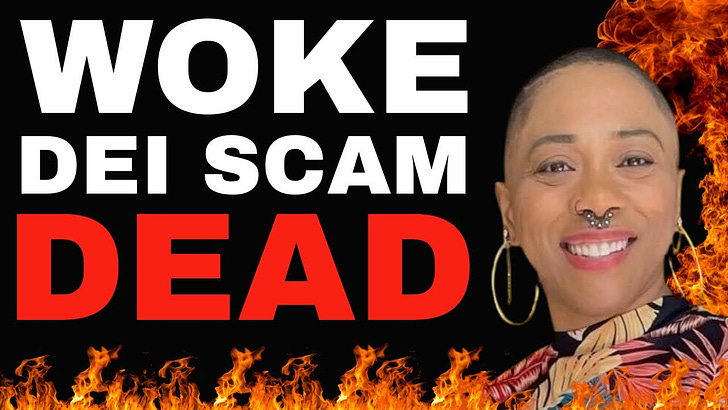


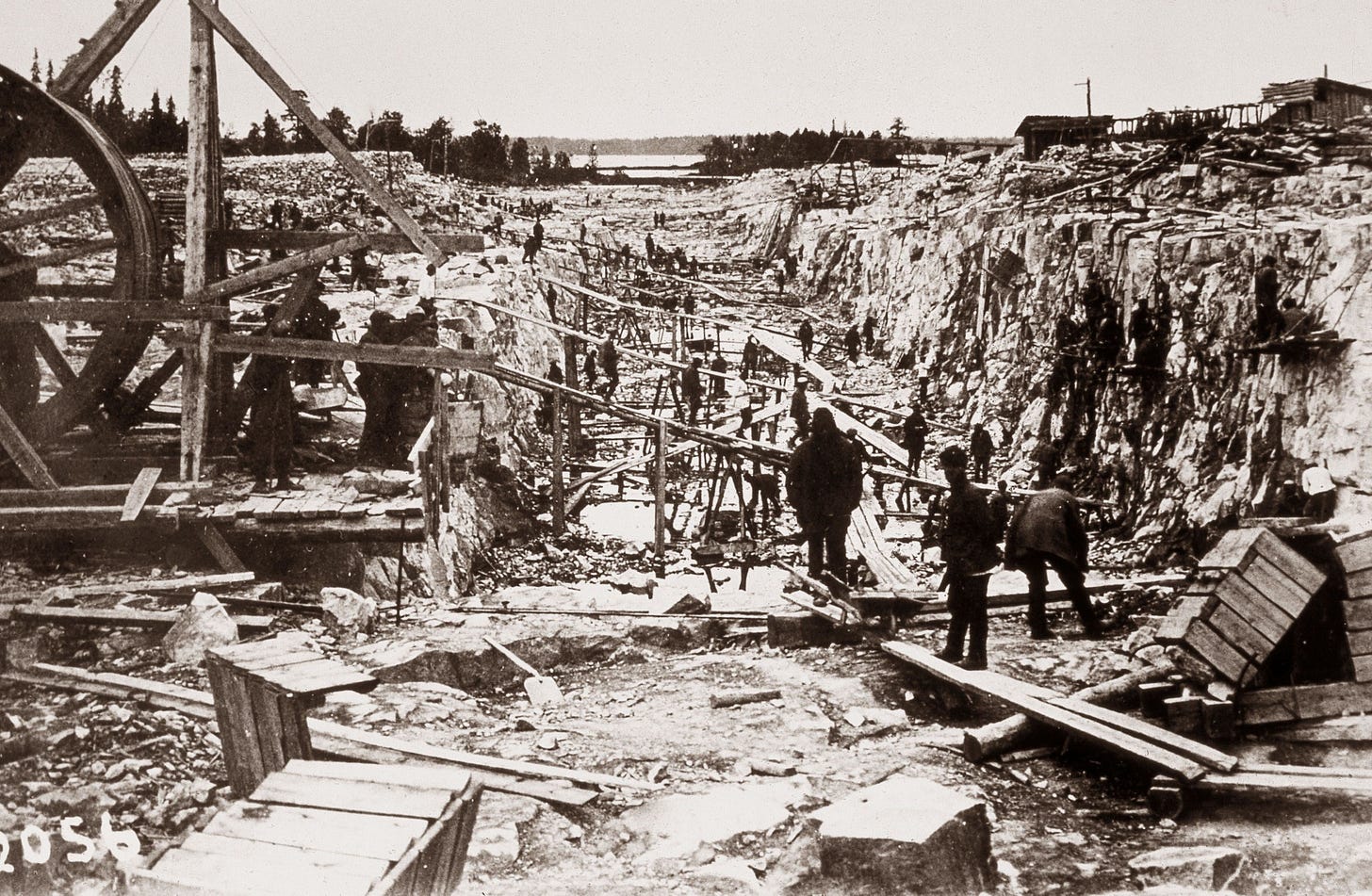
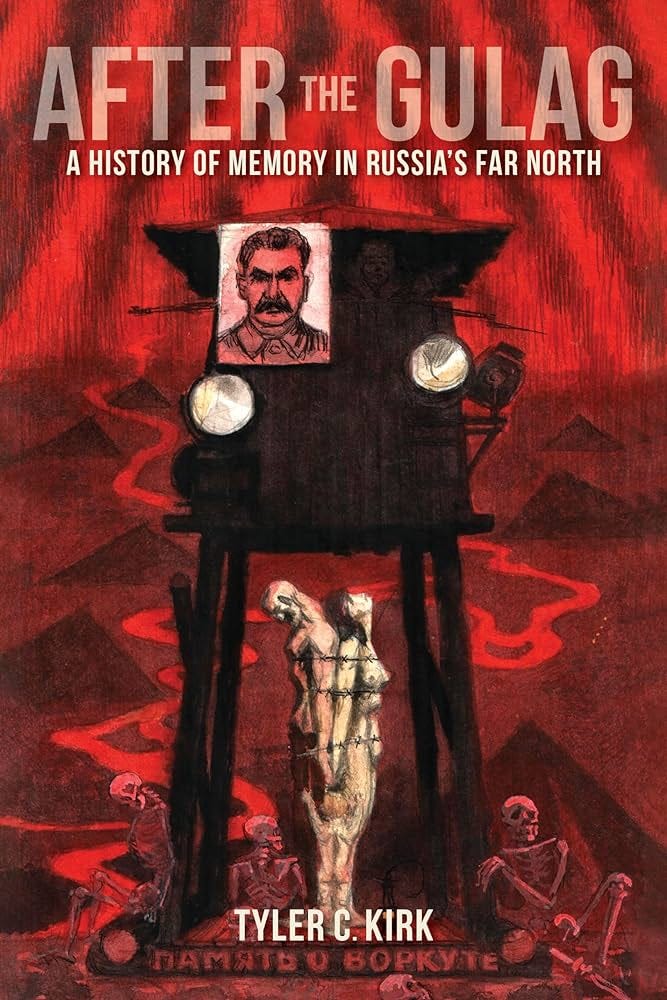
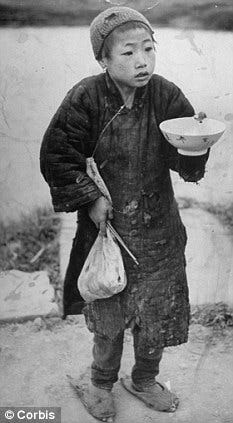
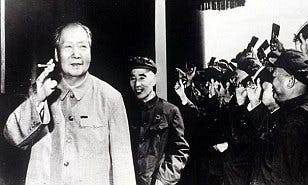
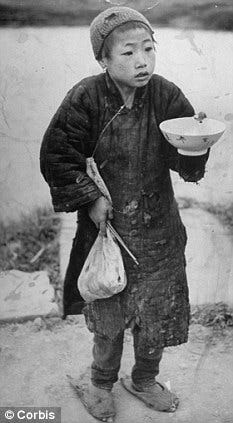
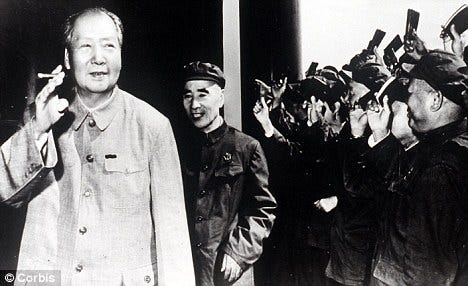
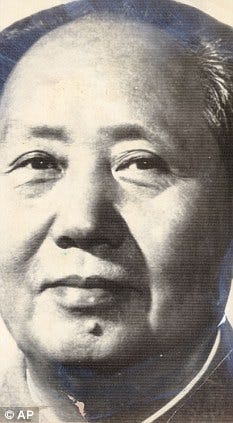
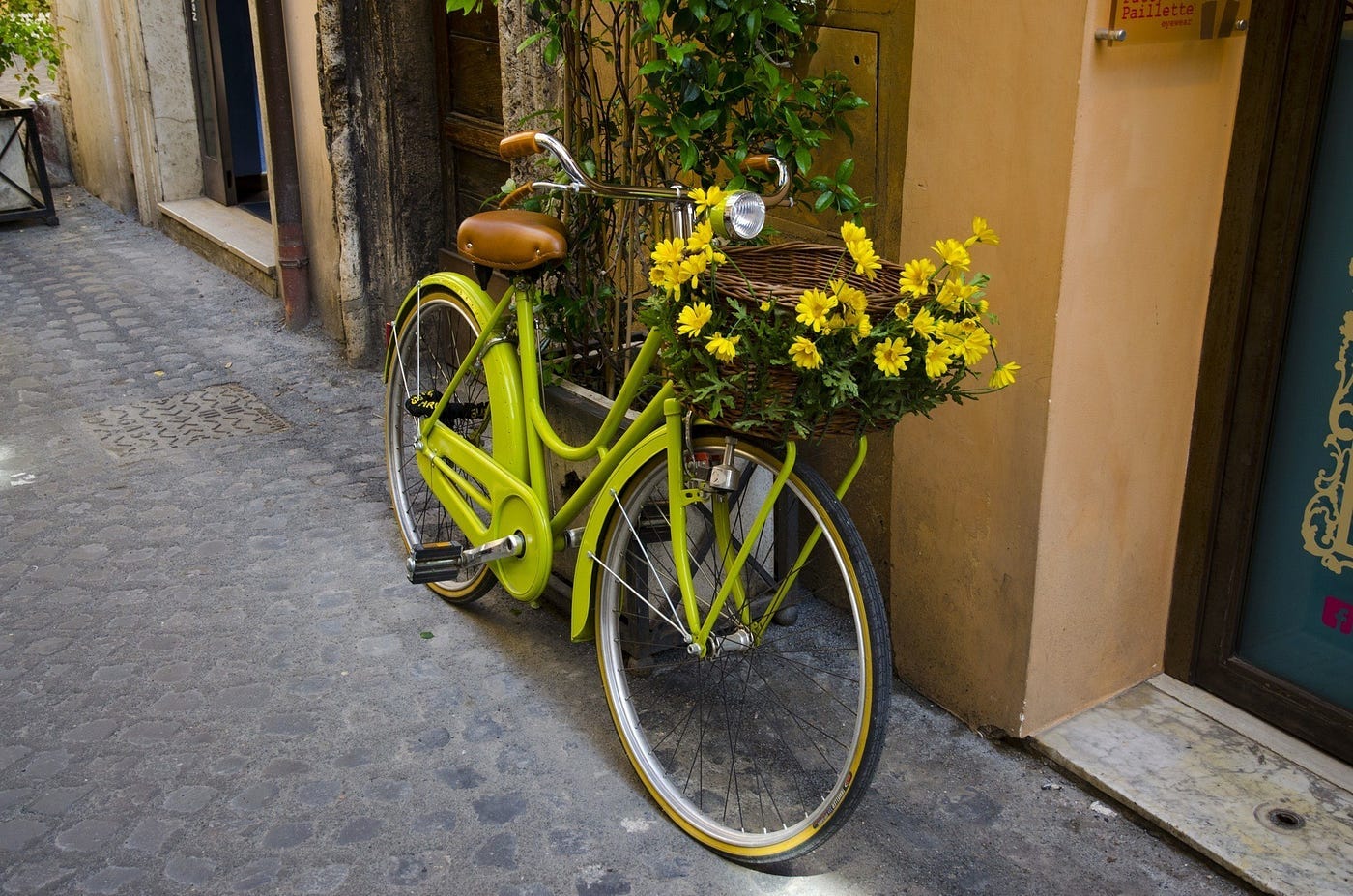
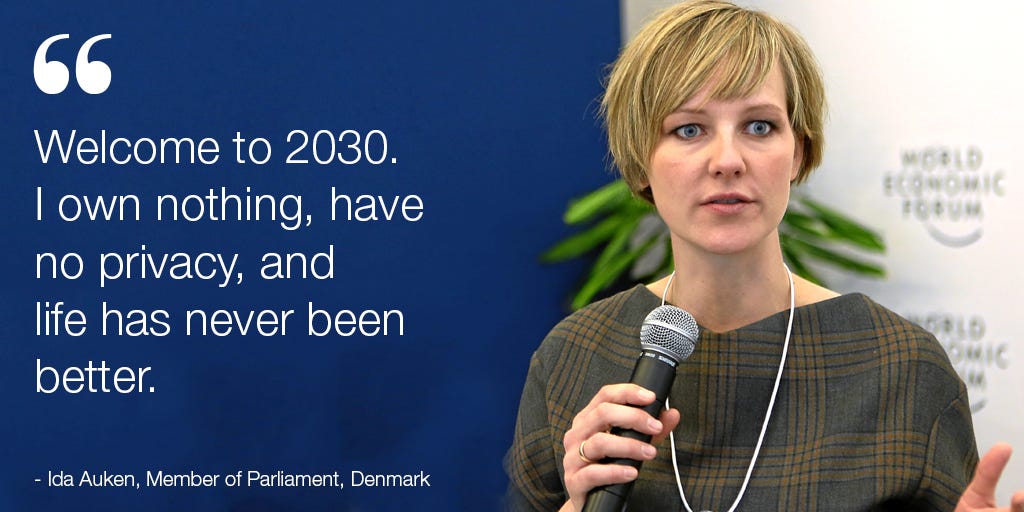
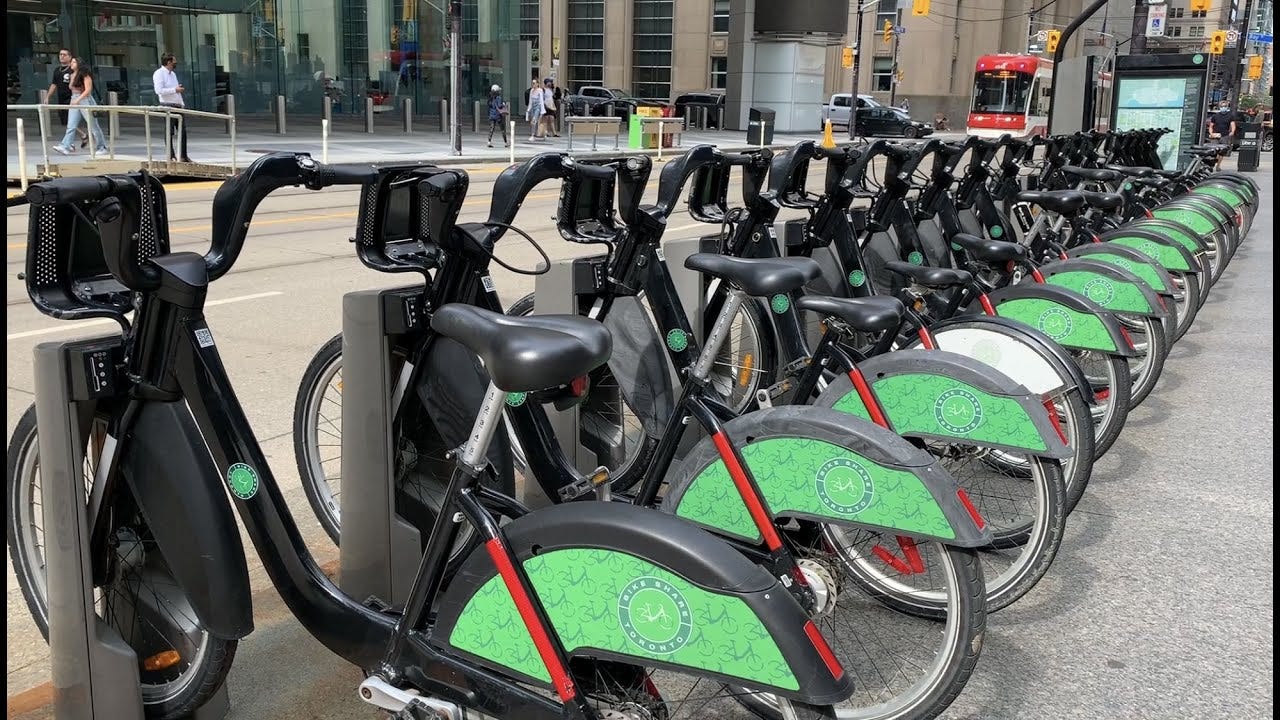
That is the real issue. That is the issue that will continue in this country when these poor tongues of Judge Douglas and myself shall be silent. It is the eternal struggle between these two principles -- right and wrong -- throughout the world. They are the two principles that have stood face to face from the beginning of time, and will ever continue to struggle. The one is the common right of humanity and the other the divine right of kings. It is the same principle in whatever shape it develops itself. It is the same spirit that says, 'You work and toil and earn bread, and I'll eat it.' No matter in what shape it comes, whether from the mouth of a king who seeks to bestride the people of his own nation and live by the fruit of their labor, or from one race of men as an apology for enslaving another race, it is the same tyrannical principle.
--October 15, 1858 Debate at Alton
Very valuable reading! Thanks for the effort.